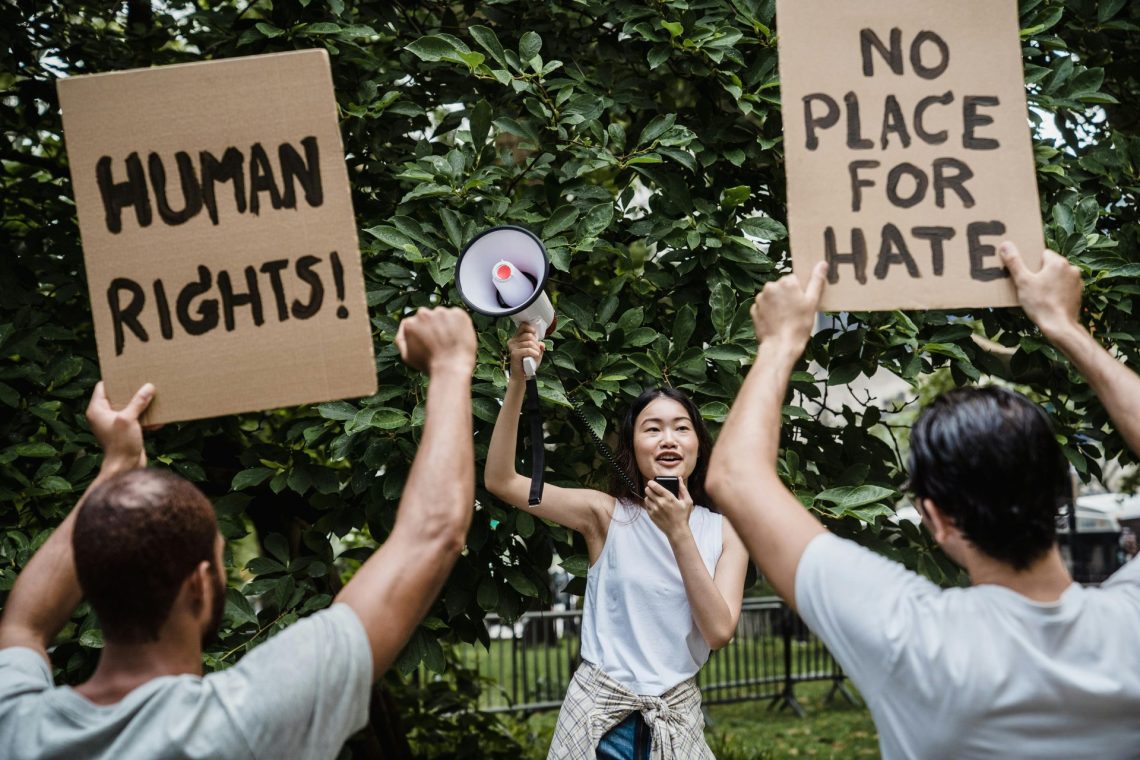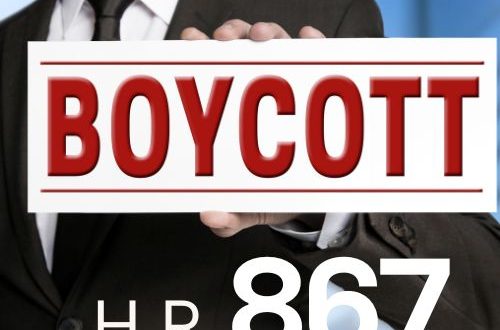
Hate is Taught, and Sometimes, So Is Change
It’s been a minute since my last post… okay, more like a whole era 😅 Between school, work, parenting, and, well, the world, I’ve kind of gone MIA. Life’s been loud, chaotic, and honestly, a little overwhelming.
But something’s been sitting heavy on my chest, and I can’t ignore it anymore.
We like to believe that the past is behind us. That segregation is history. That racism is something our grandparents had to deal with, not us. But here’s the truth a lot of folks don’t want to face:
Many of the people who were alive during segregation in the U.S. are still here. And so are their children. The generation raised on separate water fountains, “Whites Only” signs, and Sunday sermons that twisted the Bible to justify hate, those people didn’t just vanish. They raised families. They taught their values. They passed down their beliefs.
And some of those beliefs? They stuck.
But those beliefs didn’t begin with Jim Crow or segregation.
They go back even further—to the era when Europe and the United States colonized huge parts of the world, enslaving millions of Africans and trafficking them across oceans to build empires. To justify such brutality, they created entire systems of thought: twisted science, weaponized religion, and narratives that painted Black people as less than human.
That was the foundation for modern racism—not just personal prejudice, but a deep-rooted, global hierarchy built to uphold power and profit.
That lie was passed down.
From plantation owners to presidents.
From textbooks to dinner tables.
And it’s still with us.
Hate is Learned at Home
We don’t come into this world knowing how to hate. Babies don’t see skin color as a threat. Hate is something that is taught, through words, silence, gestures, and even the books kids are allowed, or not allowed, to read.
Some children of that era were raised in environments where racism wasn’t just accepted, it was normalized. It wasn’t just at the kitchen table, it was in the schoolbooks, the laws, the TV shows, and the jokes that weren’t really jokes.
Those kids are grown now. They’re in positions of power. They’re teachers, police officers, landlords, bosses. Some have unlearned what they were taught. Some are trying. But many haven’t, and don’t want to.
There Are Two Kinds of People Raised in Hate
There are people who were raised in hate but questioned it. They grew up and thought, Why? Why are we treating people this way? They’re the ones who watched, who listened, who saw the cracks in the story. Maybe they didn’t know how to speak up back then, but they know now that something isn’t right. Those are the people we must keep talking to. They’re not lost, they’re learning. They need compassion and honesty, not shame.
And then, there are the others.
The ones who double down. The ones who cling to hate because it gives them identity, power, or simply comfort. The ones who refuse to even entertain the idea that their worldview might be built on lies. For them, all we can do is hold boundaries, speak truth, and have patience. Not tolerance for their behavior, but the kind of deep patience that comes from knowing the arc of change is long, and we can’t always drag everyone along with us.
Question Everything
Here’s something that’s been living in the back of my mind lately: Have we been lied to about the past to make the present feel more comfortable?
Because yes, slavery has existed across the world in many forms. But no other civilization in history built an entire economic system by trafficking millions of Africans, hauling them across oceans, and justifying it through religion, politics, and pseudoscience. That was Europe. That was America.
Yet somehow, we’re told to “move on.” Told that “everyone has a hard past.” Told that maybe slavery wasn’t that bad.
Meanwhile, in schools across the U.S., Black history is being erased, whitewashed, or called “too controversial.” Whole generations are being robbed of the truth before they even have the chance to understand it.
And still, so many people sit comfortably in the version of history they were fed, refusing to question it. Why?
Because comfort is addictive. And the truth is disruptive.
Moving Forward Without Forgetting
If we want real change, we have to start with this truth: racism didn’t end. It just got better at hiding.
It lives in subtle looks, hiring decisions, school zoning, housing applications, and media narratives. And it still lives in the homes of those who were taught, as children, that their skin made them better.
We can’t change everyone. But we can reach the ones who are willing to listen.
We can educate. We can speak. We can refuse to stay silent just because “it makes people uncomfortable.”
So no, we can’t forget what happened. And we definitely can’t pretend it’s over. But we can make space for the ones who want to unlearn the hate they inherited. And we can have patience, with them, and with ourselves, as we continue to rewrite the story.
Because this work, this healing, it’s generational too.
“Prejudice is a burden that confuses the past, threatens the future, and renders the present inaccessible.”
— Maya Angelou
📚 Resources I share with you:
-
Documentary: 13th (Netflix) – on mass incarceration and systemic racism
-
Instagram Accounts:
-
Podcast: Code Switch by NPR
-
Website: The Equal Justice Initiative (amazing for truth-telling around history and injustice)
- Harvard
Photocredits: Photo by Lara Jameson





